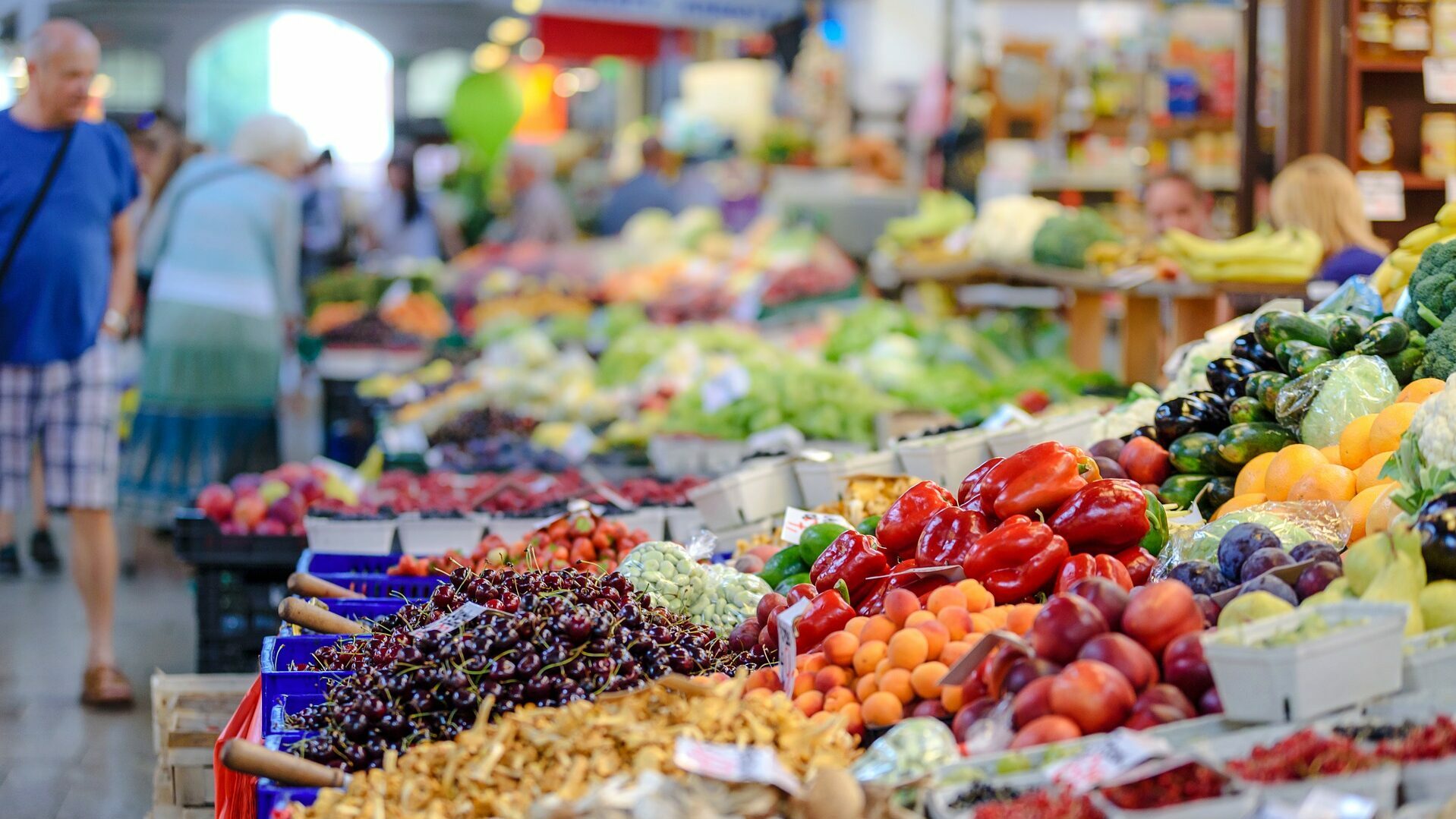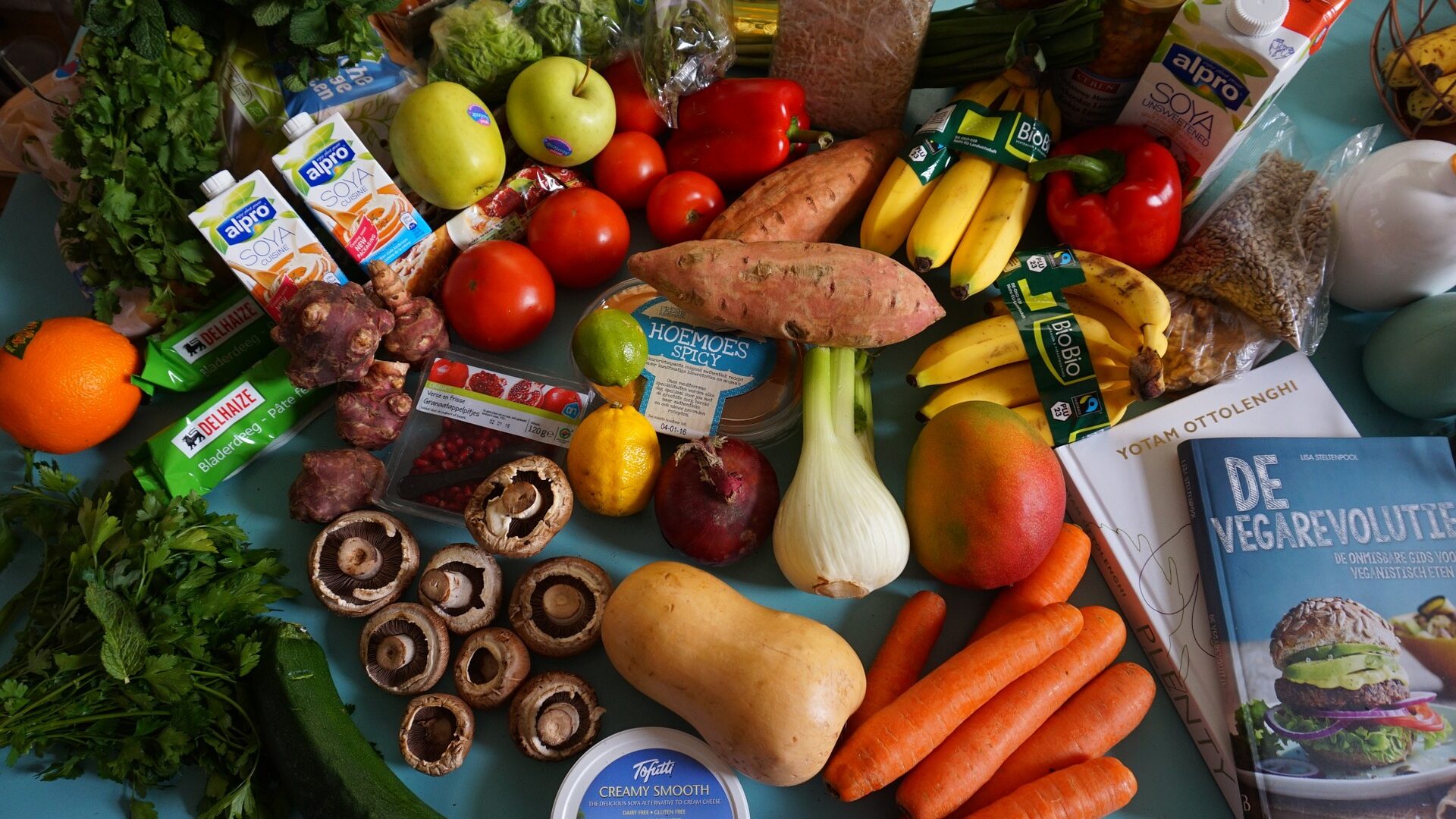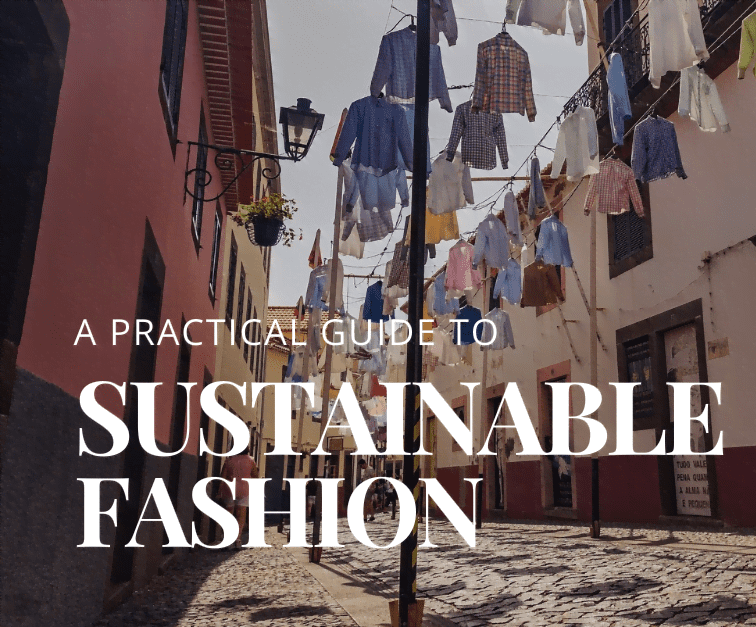Consuming products is an unavoidable part of our lives, but mindless consumption shouldn’t be. The idea of conscious consumerism is gaining traction, and with it, new methods to incorporate it into your life to become a more conscious consumer.
Impactful conscious living has grown from a grassroots movement to a mainstream phenomenon and as a result, eco-friendly and sustainable ways of living. Now is the time for individuals to do everything they can to lessen their effect, whether via large or small activities. In this article, we’ll look at how your purchase habits matter, via the lens of conscious consumerism and course, with the goal of balancing some of the negative effects of consumerism on the environment.
What is Conscious Consumerism?
Conscious consumerism, also known as ethical consumerism or conscientious consumerism, refers to shopping that has a good social, environmental, or economic impact.
According to Ela Veresiu, associate professor of marketing at York University Schulich School of Business, conscientious customers look beyond a product’s immediate advantages and “vote with their dollars” for whatever cause they’re supporting — or boycotting.
Who is a Conscious Consumer?

The conscious customer is defined as a shopper who makes aware purchase selections by purchasing locally produced, ethical, and environmentally friendly goods. They are increasingly deciding which businesses to patronize depending on how environmentally or socially responsible they are. These customers identify with health and sustainability ideals and lifestyles, which emphasize personal, social, and environmental decision-making, as well as driving conscious consumerism by taking an active role in environmental change, for the better.
How to Promote Conscious Consumerism?
Conscious consumers are the flag bearers of conscious consumerism and the benefits of it, individually and environmentally. Here’s how you can promote conscious consumerism and be a help to society:
Buy Only What You Need!
Before you go shopping, take a look at what you already have. One of the most important things to do as a responsible consumer is to buy exactly what you need, consume less, and not waste anything. If the majority of customers follow these basic changes, the human effect on the environment might be drastically reduced.
Avoid Excess Packaging and Go Zero-Waste
When purchasing packaged goods, be very deliberate. But only products with minimal or no packaging, as well as packaging that is environmentally beneficial. When in doubt, choose the alternative with the least amount of packaging. It’s best if you produce as little garbage as possible. Anything that you can’t avoid coming in packaging, attempt to dispose of it properly so it doesn’t wind up in landfills.
Try to Reuse/ Recycle
Disposable goods are bad for the environment. When possible, choose reusable materials. When you’re in the market for something new, consider whether it’s upgradeable or reusable. If it isn’t possible, try to find something that is sustainable and, if possible, gets it from a thrift store.
Choose Products That Last Long
For sustainable and conscious consumerism, quantity over quality is ideal. When purchasing anything, strive to purchase high-quality stuff that will last a long period rather than low-cost items that will only last a short time and require more maintenance. Stick to high-quality items that can be used again and over again.
Lifespan
Attempt to extend the life of products by taking good care of them and reducing the environmental effect. Only wash as necessary, in cold water, and hang them to dry, and try to repair them until they’re truly beyond repair. Consider the product’s history and expected lifespan: when it was created, how long will it last, and what is the best way to dispose of it.
Research/Read Up purchases
Take the time to understand the thing you’re buying, including how it was made, where it originated from, and how it will affect the environment once you’ve finished with it. Learn more about the producers, distributors, and stores involved in each transaction to arm yourself with knowledge. This will help limit the impact of hurried decisions and encourage you to think carefully about what you want to buy and when you want to buy it.
Choose Natural
Natural materials should be preferred over synthetic materials wherever possible. You might prefer an organic cotton shirt to a polyester shirt, for example.
Think About the Impact of Your Purchase
Every time you shop sustainably, you demonstrate that you care about the environment and support conscious consumerism. Initiate conversations about mindful purchasing in your neighborhood to raise awareness. The more people who actively practice these habits, the greater our collective effect will be.
End Impulsive Buying
Don’t make hasty decisions. Try to consider every purchase you make and make sure you need it or not.
Shop Locally
Shopping locally benefits both the local economy and the environment. Transporting locally-sourced commodities uses less fuel, and the stuff is likely to be fresh and finer tasting.
Want to read more like this?
Get similar stories and a free sustainability checklist delivered to your inbox.

Like our content?
Get similar stories and a free sustainability checklist delivered to your inbox.

Understanding Green Consumerism in 2023

Environment-friendly consumerism refers to a state in which consumers demand products and services that have undergone an environmentally friendly manufacturing process, including recycling and securing the planets’ resources. In other words, environment-friendly consumerism involves the manufacturing, promotion, and advancement of the usage or use of goods and solutions based on their pro-environment advantages.
Economic, social, and cultural pressures have established the structure for eco-friendly consumerism. Conscious Consumerism or Green consumerism is a social perspective. Also, a colossal movement in the modern-day era mainly focused on encouraging individuals to be extra familiar with the companies’ manufacturing procedures and buy or make use of services and products that do not hurt the environment.
Consequently, eco-friendly consumerism has balanced the buyers’ actions and the organizations’ profit goals. It is mainly based upon the sustainable and pro-environmental habits of consumers. The emissions of greenhouse gases have begun to lower since numerous organizations’ idea of going green has started to show their effects.
Fields consisting of the transport market; every one of these has brought about the reduction of greenhouse gas results which have been problematic trouble for the planet and commonly added to climate change. Stringent policies and regulations are focused on lowering the emissions from manufacturing facilities, engines, and motors.
Thanks to eco-friendly consumerism, individuals are turning a lot more toward local organic food than processed food widely available across grocery stores. This movement has led to the demand for making much more environment-friendly organic food manufacturing processes. Making it perhaps an extra viable alternative as there are no extensive farming practices or artificial chemicals such as pesticides, herbicides, hormonal growth agents, antibiotics, etc., involved.
Natural farming has expanded considerably due to these reasons as it does not rely upon any fabricated or artificial chemicals to produce higher-yield crops and is more eco-friendly.
Significance of Green/Conscious Consumerism

Conscious consumerism is an all-natural and accountable procedure of that satisfies, identifies, fulfils, and expects the needs of the stakeholders in keeping the genuine well-being of the atmosphere and one that does not threaten the wellness of people. The significance of eco-friendly consumerism, for that reason, consists of:
Minimized Waste in Product Packaging
Conscious consumerism also advocates for economical packaging alternatives in multiple industries. It has social perspectives such as buying loose items like veggies and fruits rather than pre-packaged items. Likewise, it motivates the reuse of paper and plastic packaging bags and tins that frequently create ecological destruction.
Increased Power Efficiency
Green consumerism perspectives advocate for the efficient use of power, which eventually aids in conserving cash, decreasing utility bills, lowering exhausts of greenhouse gas, and enabling economic situations to satisfy the growing energy demands. With green consumerism, the environmental and economic benefits of utility systems and the management of danger related to ineffective manufacturing processes have also been achieved.
Less Toxin Discharge from Manufacturing and Transportation
Thanks to environment-friendly consumerism, discharges from the transport industry and sectors were substantially reduced. Likewise, due to eco-friendly consumerism advocacies and programs, strict requirements versus exhaust have been put in place, therefore lowering discharges from engines and electric motors and the advancement of clean-burning gas alternatives.
Consumption of Healthier Foods
With an environment-friendly consumerism campaign, there has been an increasing requirement for even more environmentally friendly food manufacturing. As a result, people are gradually creating a culture of acquiring more natural and regional food, arguably healthier. They are not grown or generated utilizing artificial chemical fertilizers, antibiotics, hormonal agents, or pesticides.
Why Should I Practice Conscious Consumerism?

Conscious Consumerism is not supposed to be an optional practice anymore but a severe responsibility to everyone. Anyone who is tending to the environment while considering the ripple effects of even the littlest day-to-day purchases is already a conscious consumer.
You need to be one because Conscious Consumerism is the panacea to eighty percent of the environmental problems that the world’s currently dealing with. And who doesn’t want better air to breathe in? Or cleaner water to drink? If you’re someone who would have such preferences, then you need to become a conscious consumer.
One way that any mindful consumer significantly makes conscious choices is by acquiring neighborhood, ethical, and environmentally friendly products. They are more frequently choosing which firms to shop with based on how environmentally or socially conscious they are. Or at least task themselves to be.
This massive market has expanded to virtually a 3rd of Kiwi customers. These consumers relate to the LOHAS worths—Lifestyles of Health and Sustainability, which focuses on individual, social, and ecological decision-making.
What Be Zen Thinks About Conscious Consumerism?
Gen Y or The millennials are the ones who make up most of this market, driving Conscious Consumerism by taking an energetic approach and responsibility for environmental modification. Hence, they’re not to be underrated. They’re a robust market that acquires the choices they make. So how do businesses successfully record the conscious customer? Openness has become extensive given the launch of social media sites.
By informing customers of your services’ social obligation, they can be empowered to make the ideal option. However—it’s inadequate to say you’re ‘doing great’ in advertising and marketing products—you need to take real action.
Consumers have access to information through social networks and various other communications that support transparency and penalize you for misinforming info—all of us bear in mind the Cadbury palm oil event.
Services have the capability, the chance, and the duty to impact the globe right. Instead of expecting a minimum of some company profits to be used towards those duties, one should take this democratic responsibility individually.
Some services avoid ‘eco-friendly’ alternatives because they’re typically extra expensive. Yet current research study reveals that despite the echoes of the international financial crisis, individuals will pay a little more if they believe their acquisition is making an ecological, honest or lasting impact. Plus, the principle of supply and demand is becoming the result of an increasing number of people looking for ‘greener’ choices.
So maybe as the world moves at a faster pace than before, it’s time to begin thinking about the aware customer. Not just how you on your own can become one, but how your business will undoubtedly handle this rising contact us to activity—as well as with any luck reap the benefits.
Want to read more like this?
Get similar stories and a free sustainability checklist delivered to your inbox.

Like our content?
Get similar stories and a free sustainability checklist delivered to your inbox.
















